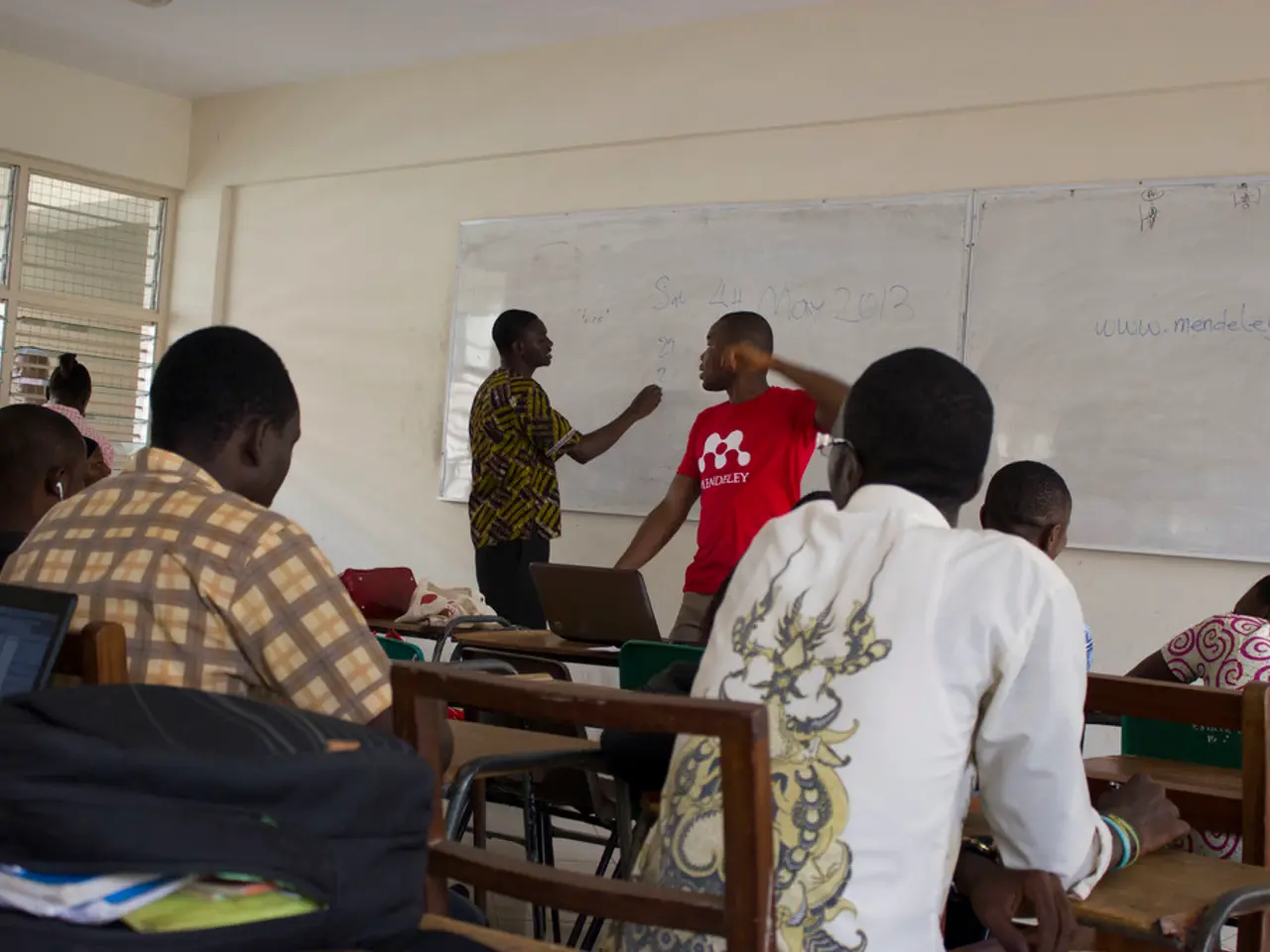The International Baccalaureate: an overview of a worldwide education framework
The International Baccalaureate (IB), a renowned educational programme founded in 1968 in Geneva, Switzerland, has been transforming the lives of students across the globe for over five decades. Offered in over 150 countries, including the U.S., UK, Canada, Australia, India, and Singapore, the IB is a comprehensive system aimed at fostering critical thinking, intercultural understanding, and academic excellence.
Many students describe the IB experience as transformative, citing increased confidence, global awareness, and academic strength. The IB Diploma Programme (DP), a two-year pre-university curriculum for ages 16-19, prepares students for higher education and life beyond school. While some public schools offer IB for free, others-especially private institutions-may charge tuition and exam fees.
The IB DP includes core components like Theory of Knowledge (TOK), Extended Essay (EE), and Creativity, Activity, Service (CAS). TOK encourages students to question assumptions and explore the nature of knowledge, while the EE requires students to conduct an in-depth research project in a subject of their choice. CAS, on the other hand, fosters creativity, activity, and service through real-world projects that promote personal development and engagement with the community.
The IB curriculum is divided into four distinct programmes: PYP, MYP, DP, and CP. The PYP, for ages 3-12, nurtures independent learning and curiosity, while the MYP, for ages 11-16, bridges the gap between PYP and DP, promoting creativity, reflection, and critical thinking. The Career-related Programme (CP), for ages 16-19, blends IB's academic principles with career-related education.
The key differences between IB and Advanced Placement (AP) programmes lie in their curriculum structure and learning approach. IB programmes are holistic, encompassing a broad range of subjects and requiring students to take courses in six different areas, whereas AP courses are typically individual subjects. IB emphasises deep understanding, critical thinking, and problem-solving, while AP focuses on preparation for standardized exams.
Finding an authorized IB School can be done through the official IB World School Finder. Numerous websites, books, and private tutors offer guidance for IB exam preparation, including platforms like IB Survival and InThinking. Online communities and forums like Reddit, Facebook groups, and IB-focused forums provide peer support, past papers, and success strategies.
The number of IB schools continues to grow due to increased demand for international and future-ready education. The IB's mission is to develop inquiring, knowledgeable, and caring young people who help create a better and more peaceful world. Graduates recommend staying organized, using planners, and asking for help early to manage the workload effectively.
References: [1] International Baccalaureate Organisation. (n.d.). IB programmes. Retrieved from https://www.ibo.org/programmes/ [2] International Baccalaureate Organisation. (n.d.). IB Diploma Programme. Retrieved from https://www.ibo.org/programmes/diploma-programme/ [3] College Board. (n.d.). Advanced Placement Programme. Retrieved from https://apcentral.collegeboard.org/ [4] College Board. (n.d.). AP Exam Scores. Retrieved from https://apstudent.collegeboard.org/scores
Improving exam performance through education-and-self-development programs like the International Baccalaureate (IB) is a popular choice among students seeking a comprehensive and holistic learning experience. Online-education platforms, books, and private tutors offer guidance for IB exam preparation, helping students navigate the rigorous curriculum and excel academically. Additionally, partaking in online communities and forums provides peer support, past papers, and Success strategies essential for achieving academic excellence and securing a future-ready education.




